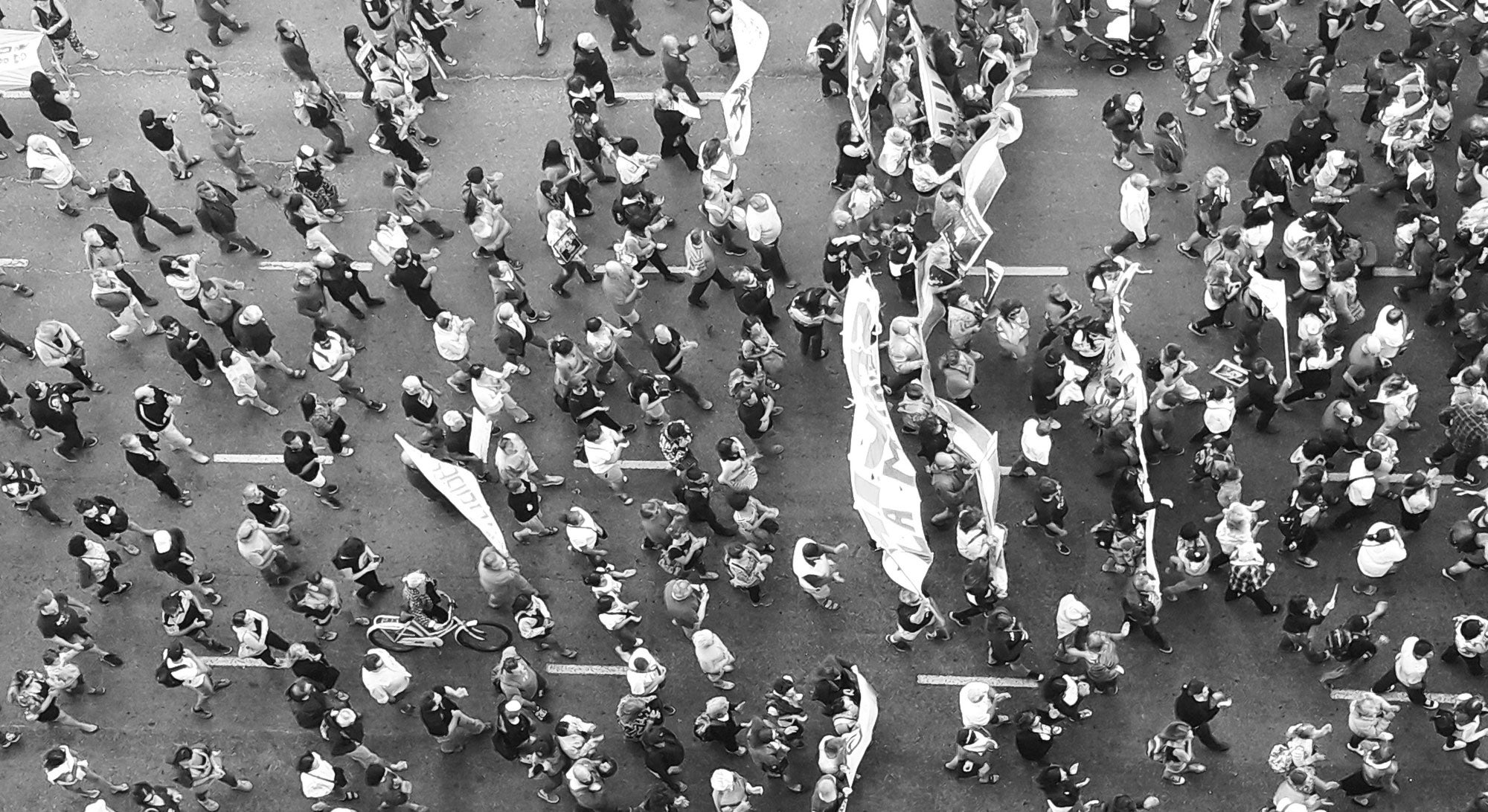Santa Barbara City Council Approves UCSB Request For Local Cable Channel Dedicated to Higher Education
The Santa Barbara City Council on Tuesday voted to officially request an additional education access channel from local cable television provider Cox Communications, and to enter into an agreement with UC Santa Barbara for the management and programming of it.
The council's actions, which were supported by city administrative staff, came in response to a request from UCSB. The campus said that the additional channel would be used for UCTV and other higher education programming produced by UCSB for the benefit of the people of Santa Barbara and the South Coast region.
"The range of educational, informational, and cultural events that take place on our campus and around the UC system is truly exceptional, and a dedicated higher education channel presents an opportunity for the entire Santa Barbara community to be part of this dynamic learning environment," said UCSB Chancellor Henry T. Yang in a letter to Santa Barbara Mayor Helene Schneider. "Given Santa Barbara's richness and diversity, we believe the community would be well served by a cable channel focused on higher education programming."
Cox officials have indicated that they would accommodate the city's request and may even broadcast the new channel throughout the entire South Coast region, not just to subscribers within the boundaries of the City of Santa Barbara. Any costs associated with connecting UCSB to the Cox system are to be borne by the campus.
Under Santa Barbara's cable franchise agreement with Cox Communications, the company provides the city with three channels dedicated to public, education, and government access. The government access channel (18) is managed and programmed by Santa Barbara's own City TV operation in the City Administrator's Office. The public and education access channels (17 and 21, respectively) are managed and programmed by The Santa Barbara Channels under a separate agreement with the city.
California's Digital Infrastructure and Video Competition Act of 2006 states that cable providers are required to make available, if requested, an additional public, education, or government (PEG) channel when locally produced and non-duplicated original video programming on an existing PEG channel exceeds 56 hours per week. The Santa Barbara Channels has documented that Channel 21, which currently includes some UCTV offerings, has exceeded that threshold.
According to the legislation, the added channel "shall not be used for any purpose other than to continue programming additional government, education, or public access television."
UCTV offers round-the-clock, non-commercial educational, informational, and cultural programs from the University of California system's 10 campuses, three national laboratories, and other affiliated institutions. Programs include documentaries, lectures, symposia, artistic performances, and other events. They cover a broad range of general interest topics, such as science, health, the humanities, education issues, and public affairs. UCTV also provides programming specifically supporting educators to enrich the classroom experience for K-12 students.
Constance Penley, a professor of film and media studies and co-director of the Carsey-Wolf Center at UCSB, has championed the idea of such a channel in Santa Barbara for several years. "We are delighted to have the chance for UCSB to have its own UCTV channel to bring to the Santa Barbara and South Coast communities the vibrant offerings of the entire UC system," she said.
"The Carsey-Wolf Center, which supports teaching, research, and public programming about media, has been working with UCTV for several years to help build UCTV as the global digital brand of the University of California, a communications spine for California policymakers, and a vital participant in the cultural and educational life of California communities," Penley added. "UCSB is already one of the biggest contributors of programs to UCTV, and we look forward to creating even more original programming in the future."
Lynn Burnstan, director of UCTV and of its affiliated outlet at UC San Diego, said the new channel in Santa Barbara could begin broadcasting "almost immediately. It takes a few weeks to get the IRD –– the device that takes the satellite signal and turns it into a TV signal –– but that's the only thing that prevents us from starting tomorrow, or whenever they say 'Go.'"
Related Links



